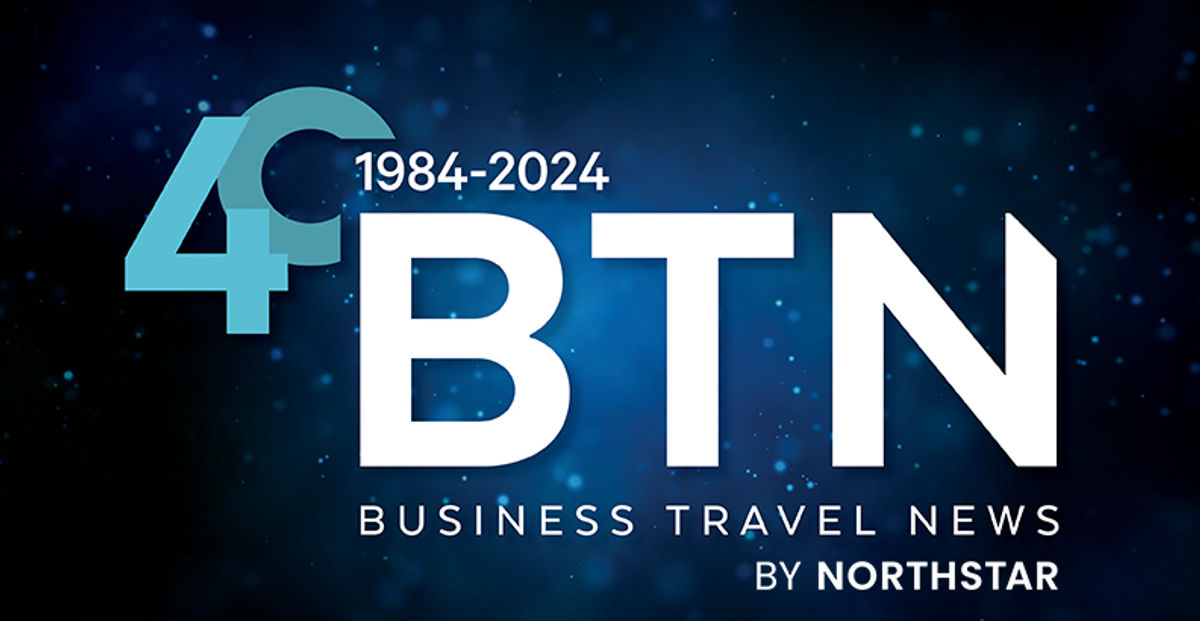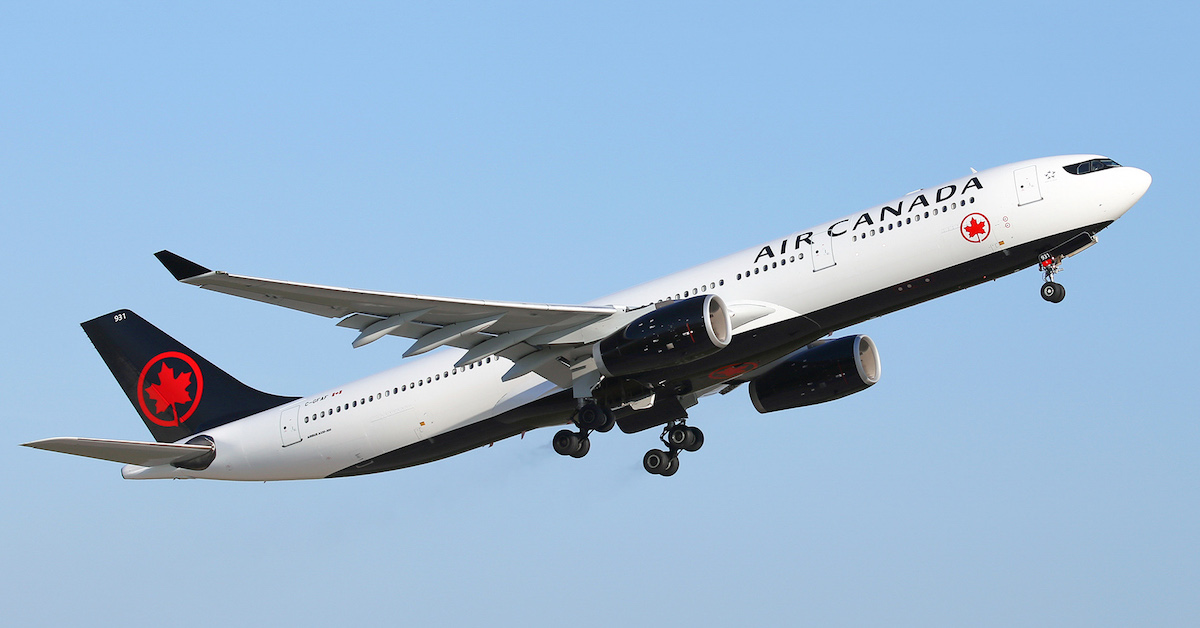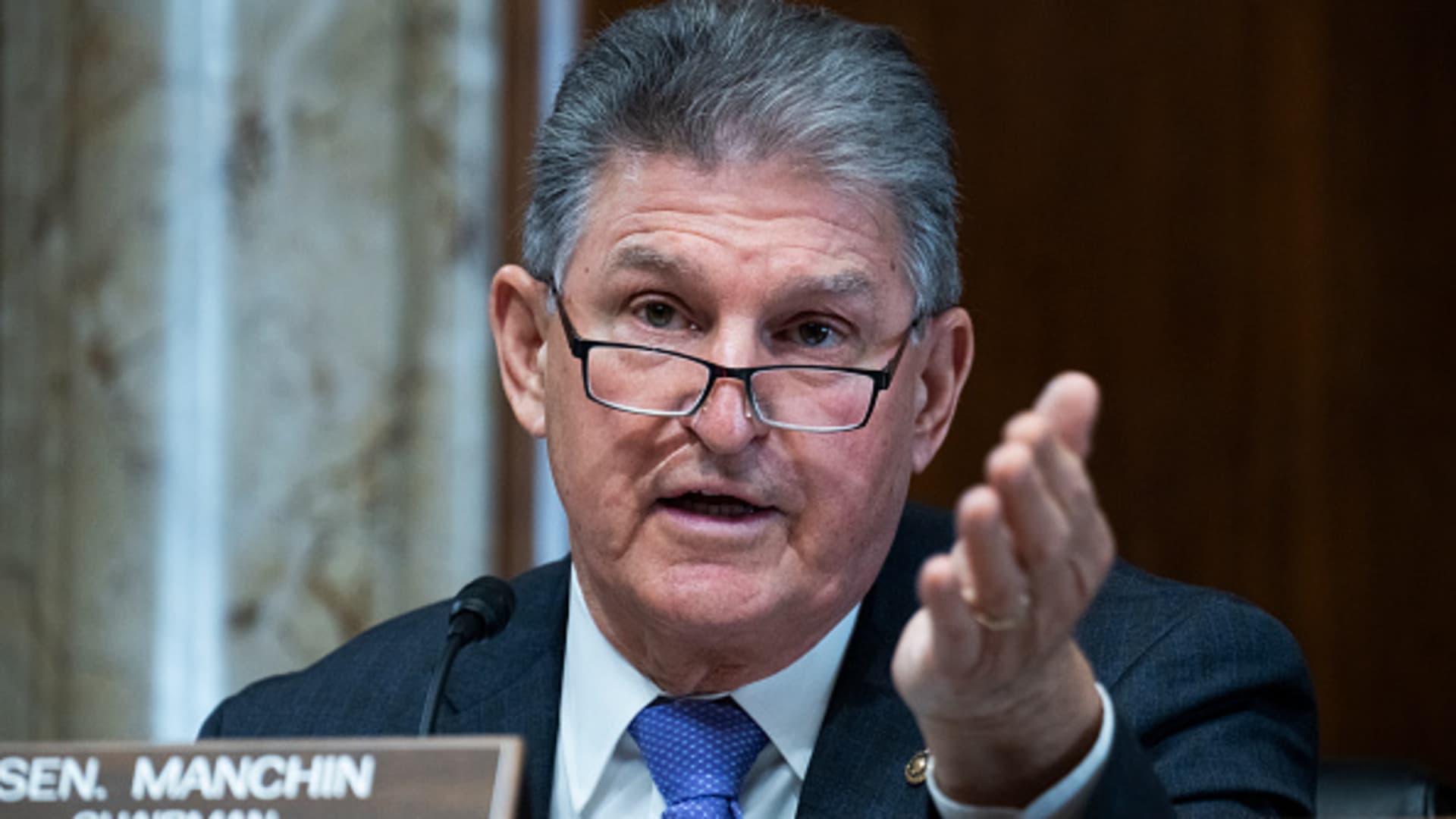FTC Rule Bans Hotel "Junk Fees"
The FTC has banned bait-and-switch pricing tactics in the lodging and live events ticketing industries, requiring upfront disclosure of all fees. This measure aims to eliminate surprise charges but doesn't ban the fees themselves.

The U.S. Federal Trade Commission ruled on Tuesday to prohibit bait-and-switch pricing tactics, which have broadly been used in the lodging and live events ticketing industries to display a “base price” to which fees and surcharges are added after the consumer initiates the booking or purchasing process—and, in the case of lodging, sometimes not until the final bill is presented at checkout, after the stay.
Putting an end to so-called “junk fees” has been a persistent and bi-partisan issue under the Biden Administration. The president spoke about the issue in State of the Union addresses in both 2023 and 2024, calling out the hotel industry’s resort fees the first time around: “We’ll ban surprise ‘resort fees’ that hotels tack on to your bill. These fees can cost you up to $90 a night at hotels that aren’t even resorts,” he said last year. In June he spoke more broadly about “cable, travel, utilities and online ticket sellers” that withhold those fees until checkout.
"People deserve to know up-front what they're being asked to pay—without worrying that they’ll later be saddled with mysterious fees that they haven't budgeted for and can't avoid," said FTC Chair Lina M. Khan. "The FTC's rule will put an end to junk fees around live event tickets, hotels and vacation rentals, saving Americans billions of dollars and millions of hours in wasted time."
Whether those fees actually will be eliminated is far from clear. The FTC rule has not outlawed the fees themselves, but simply will require retailers and sellers to disclose fees upfront, rather than at the end of the buying process.
Junk fees or “drip pricing” as the strategy is known, is an issue that reaches beyond the individual consumer. Such fees have cost travel programs a pretty penny, with some travel and meetings managers deep diving into their travelers’ hotel bills to determine what the fees actually are and how to avoid them—some with success and others without. In recent years, hotel companies increasingly have shifted to more transparent pricing practices, but not without legal and regulatory pressure to do so.
The FTC first took up the issue in 2012 as it relates to hotels, sending a warning to 22 operators but stopping short of ruling or ban. State attorneys general in all 50 states continued the investigation prior to the Covid-19 pandemic, but just one—Karl Racine in the District of Columbia—sued Marriott International in 2019 for its drip-pricing strategies, accusing the hotel giant of misleading guests. Two weeks later, Nebraska's attorney general filed a similar lawsuit against Hilton Hotels Corp.
A traveler advocacy group called Travelers United brought a suit against Hyatt for similar practices in 2023.
Racine wasn’t the first to get to a settlement, however. Josh Shapiro, then-attorney general in Pennsylvania, settled a state suit against Marriott first in 2021. With Marriott—at least within that state—agreeing to enable full fee transparency upfront in the booking process, with implementation to take place within 9 months. Two years later, the Pennsylvania AG office fined Marriott for failure to comply with the settlement, at which point Marriott made changes effective May 2023. Nebraska settled with Hilton in January 2024, with Hilton agreeing to display all fees on the first pricing page.
State-by-state settlements like these likely were the result of hoteliers reading the tea leaves, with pressure clearly mounting on a federal level. It may have been game-over for drip pricing, however, when California passed SB 478, it’s statewide ban on hidden fees, which came into force on July 1. The California ban took a swipe at any retailer intending to do meaningful business with California residents—a detail that would sweep in virtually all major hotel brands. Like the California ban, the FTC ban on “hidden fees,” does not stop hoteliers from charging them. The rule only requires upfront disclosure of total pricing and fees and eventual disclosure of taxes and shipping charges prior to the agreement to pay.
The FTC's rule is scheduled to take effect 120 days after it is entered into the Federal Register. That will occur well into president-elect Trump’s administration. Trump could withdraw the rule for further review and, with Republican control of the legislature behind him, potentially vacate it.
However, disclosure and even standardization of hotel pricing displays remains a bipartisan issue, as demonstrated in two proposed bills, the House-passed No Hidden FEES Act and the Senate’s Hotel Fees Transparency Act.
Also on Tuesday, federal lawmakers reached a deal to include in a year-end continuing resolution legislation that would protect consumers from hidden lodging fees. The legislation is backed by the American Hotel & Lodging Association, which for years has supported a federal standard "because consumers deserve to have transparency no matter where or how they book their stays," said AHLA president and CEO Rosanna Maietta.
According to AHLA the provision included in the continuing resolution, if passed, would achieve transparency. The organization supports a legislative solution to ensure a path forward.

 Aliver
Aliver 






























